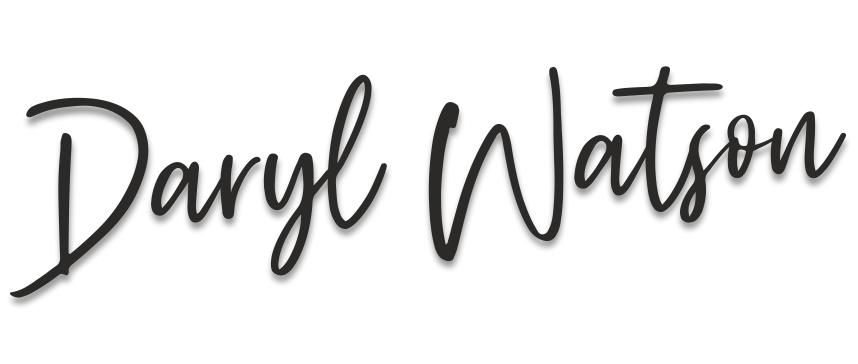Learning – Lighting the way ahead.
Interruptions!
“Will I answer that?” I thought.
It had been an extremely busy day. Our schedule was packed full. On arriving home around 3.30pm yesterday, I said to Monic that I was going for a walk to get some fresh air, stretch my legs and generally chill for half an hour. I asked if she wanted to come, but she needed to attend to some other things.
So, off I strode, along to the canal side to enjoy a pleasant stroll and clear my thoughts.
Pausing along the way to enjoy the nature and the windmill, I pulled out my phone to take a picture.
And there it was, the phone was silently ringing, some young missionaries were trying to get a hold of me. And then came the thought above!
What is it about a ringing phone that compels us to answer it?
I was so enjoying my little walk!
Interruptions! How do you deal with them?
So, I chose to answer the call.
“Do you have a minute?” asked the young missionary, “I just have one quick question. I can call you back if it is not a good time?”
Smiling, “on you go” I said.
We spoke for 10 minutes and resolved the immediate matter at hand. We talked, shared, asked questions, problem solved and above all I listened.
How many times a day do you hear those fateful words?
Frequently, one-minute turns into 10, one question becomes several, and you can end up losing big chunks of your day. Balancing the need to be accessible and productive is a challenge that we all face at times.
All that said, I enjoyed our conversation. We resolved a few things together and followed up later with an email to address the main concern.
Interruptions happen, so it’s how you deal with them that matters. Over the years I have learned to expect them!
Each of us oftentimes face many random factors in our day. They will control you unless you control them. It’s your choice. And yesterday I chose to take the call, and I am glad I did!
My advice, if you do need to interrupt someone, give them the option of turning you down without appearing rude. For instance, instead of “I just have one quick question,” ask “Is now a good time to talk?”
Dealing with stress…
 It was a typical Saturday morning, just before Christmas, with traffic flow starting to build. Sadly, after opening up the forecourt at 7am, my colleague who was supposed to be in the second booth didn’t show up for work – I found out later he called in sick.
It was a typical Saturday morning, just before Christmas, with traffic flow starting to build. Sadly, after opening up the forecourt at 7am, my colleague who was supposed to be in the second booth didn’t show up for work – I found out later he called in sick.Like flame unquenchable – passing the torch
The Imagery…
Light the World
Light
Honesty
What does it mean to be honest?
I was asked back again the next summer season.
How can you be completely honest?
